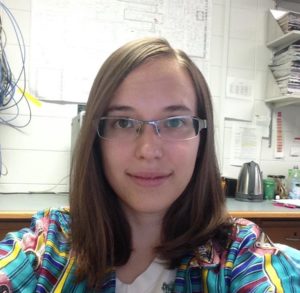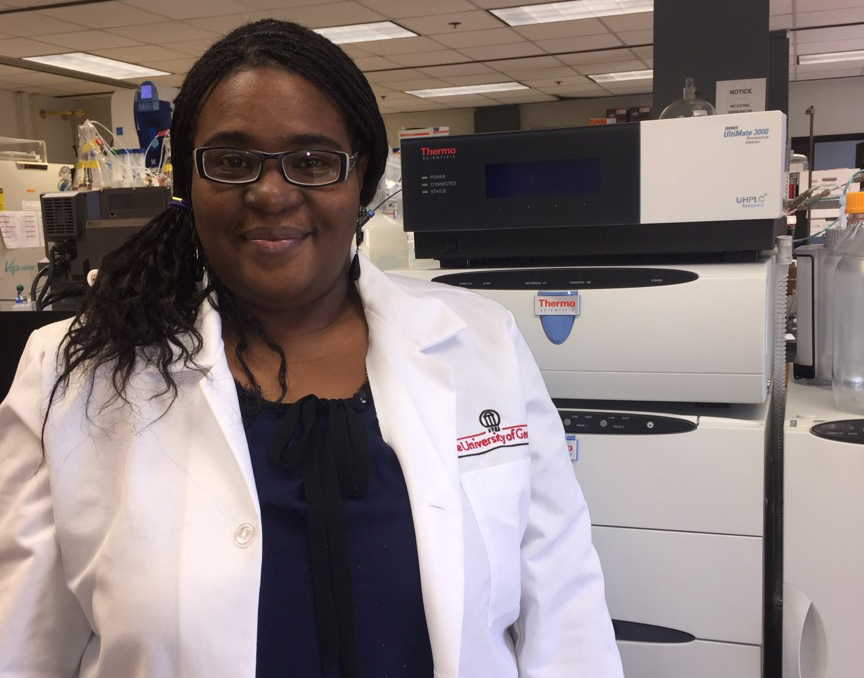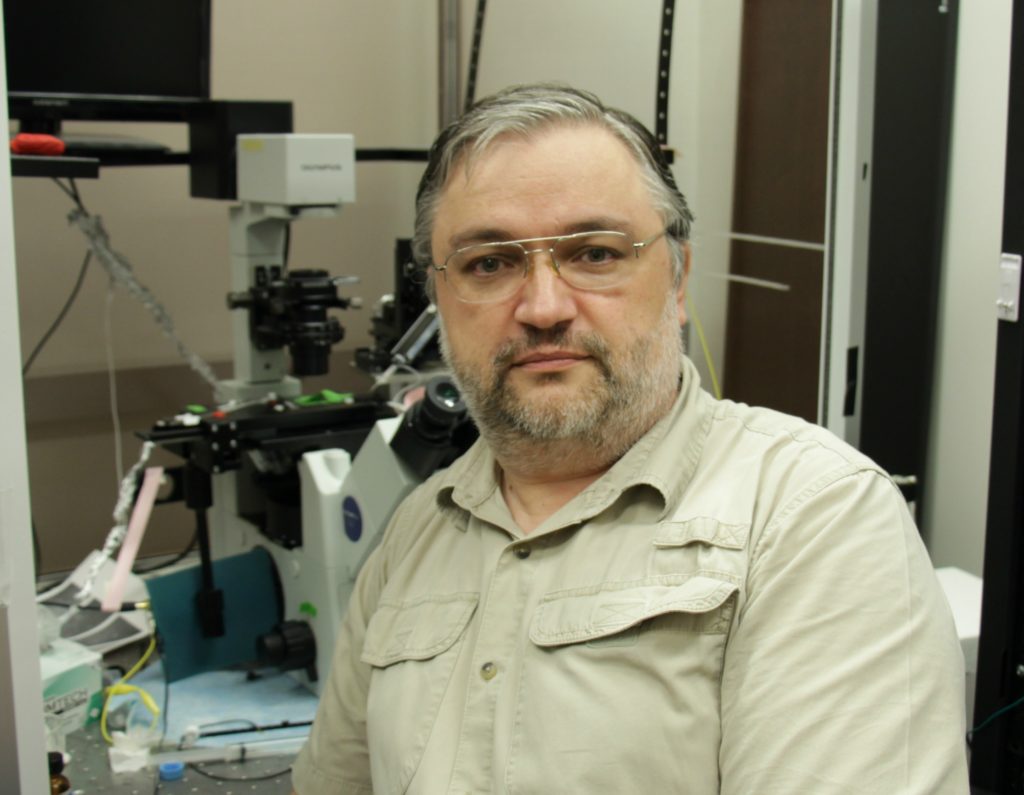
Athens, Ga. – The University of Georgia’s Center for Tropical and Emerging Global Diseases was awarded $1.25 million by the National Institutes of Health to continue training graduate and postdoctoral students over the next five years who can help address the growing threats of parasitic diseases.
Every year, diseases caused by protozoan and helminth parasites are responsible for more than a million deaths and cause hundreds of millions more cases of severe or subtle morbidity due to chronic infections lasting years.
“The University of Georgia is uniquely positioned as a training ground for the next generation of parasitology and tropical diseases researchers,” said Silvia Moreno, a professor of cellular biology in the Franklin College of Arts and Sciences and co-director of the center’s T32 trainee program.
The internationally recognized research center brings together the largest number of laboratories in the U.S. that collectively conduct research on the full gamut of parasite diseases. These diseases are highly prevalent in sub-Saharan Africa, South America and Asia. Often they are the consequence and cause of poverty. They also are increasingly emerging or re-emerging in the U.S. and other industrialized nations.
The CTEGD training program is currently in its 10th year. Past trainees have gone on to successful careers as staff scientists at the Centers for Disease Control and Prevention and as faculty, postdoctoral scholars or medical and veterinary scientists at leading universities and research institutes.
“The breadth and culture of our program instills trainees with the ability to not only translate basic scientific findings into tool development and the implementation of interventions, but also to identify and formulate fundamental research questions beyond the context of parasitic disease itself,” Moreno said.
“This program is very attractive to students,” said Boris Striepen, Distinguished Research Professor of Cellular Biology in the Franklin College and co-director of the training grant. “We have had many more strong candidates than training slots.”
To address this issue, the new NIH award will double the number of postdoctoral trainees from one to two each year, and matching funding from UGA’s Office of the Vice President for Research will support two predoctoral trainees in addition to the three graduate students supported by the training grant each year.
“This institutional matching support is tremendously important when competing for NIH training grants,” said Dan Colley, CTEGD director, who was the T32 training grant program director for its first 10 years.
Trainees in the program build upon their background in biomedical sciences through specialized courses and research mentored by one or more CTEGD faculty. The program is unique in that students can also broaden their perspective on the global aspects of parasitic diseases through a capstone experience, which typically takes students away from the UGA campus for four to eight weeks. Many of the previous trainees have conducted field studies in a disease-endemic country.
“My capstone experience in Kenya provided an exceptional opportunity to gain experience both working in the field and in a laboratory in a developing setting,” said Briana Flaherty, a doctoral student in the CTEGD and the department of infectious diseases. “This short time has had a profound impact on my future interests and career goals.”
The many international collaborations of the center’s faculty provide a wide variety of opportunities to the trainees. Over the last nine years, graduate students have worked in Haiti, Tanzania, Argentina, Thailand and Kenya. The Office of the Vice President for Research also has committed funds over the next five years to assist in the provision of these experiences on the T32 training grant.
“We in CTEGD are extremely pleased that NIH has seen fit to fund this T32 training grant for an additional five years,” Colley said. “It is an investment in our new program directors, Drs. Striepen and Moreno, and in CTEGD’s commitment to high-quality training of the next generation in this important area of parasitic disease-related research.”
The grant funding is provided under NIH award number 3T32AI060546.
UGA Center for Tropical and Emerging Global Diseases
The University of Georgia Center for Tropical and Emerging Global Diseases draws on a strong foundation of parasitology, immunology, cellular and molecular biology, biochemistry and genetics to develop medical and public health interventions. Established in 1998, the center promotes international biomedical research and educational programs at UGA and throughout Georgia to address the parasitic and other tropical diseases that continue to threaten the health of people throughout the world. For more information, see http://ctegd.uga.edu/.
Writer: Donna Huber
Contact:Boris Striepen





